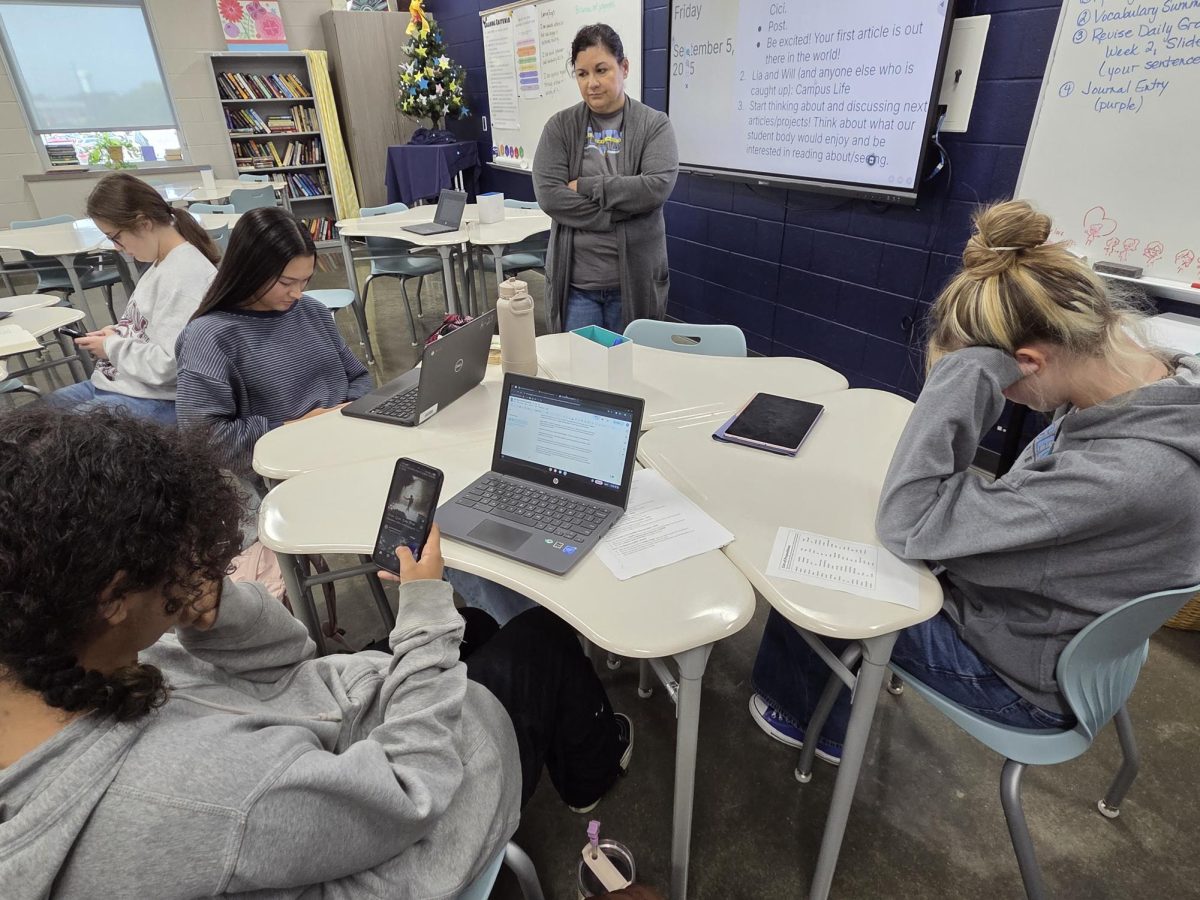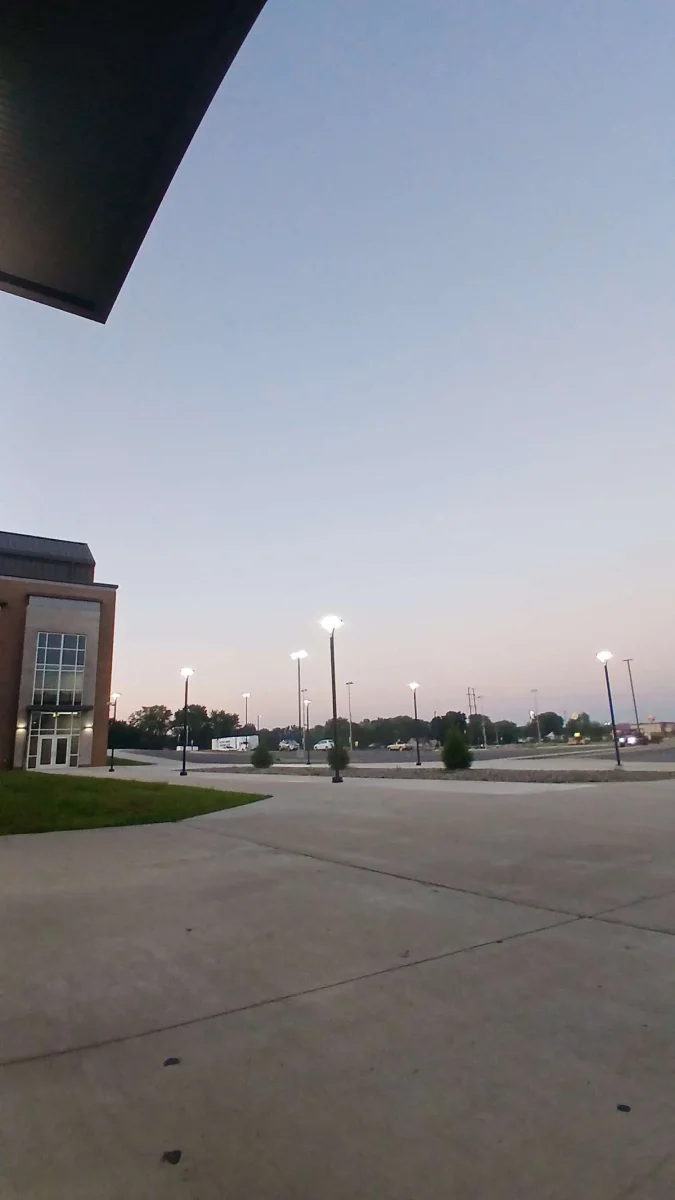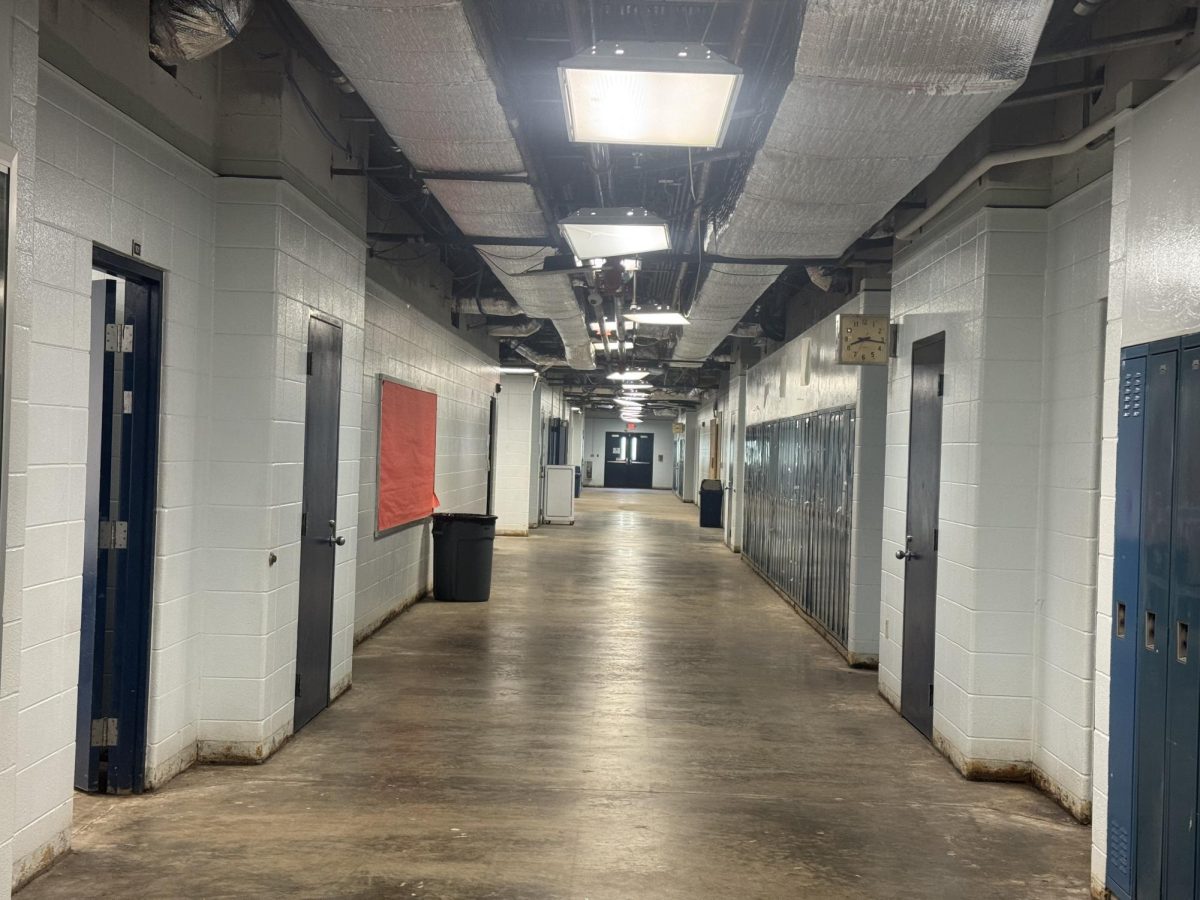After all this time, all these warnings about our phones being banned from schools, it finally happened. Well, kind of.
House Bill 208 was passed on March 26. It requires school districts in Kentucky to make policies to limit cell phone use during instructional time. Many counties have gone as far as banning phones from even being brought into the building. Hardin County, and by extension Central, has been much more lenient.
Rather than banning them from the school entirely, they aren’t allowed during instruction time. Usage of phones is allowed during class transitions, during lunch time, before 8:30 am, and after 3:30 pm. Some teachers are also more lenient and allow students to be on their phones for the last 2-3 minutes of class, when most have already packed up.
“It (the cell phone policy) is going to protect instructional time, which is the ultimate goal of it,” Principal Kim Case said.
The ultimate goal of the policy is to boost the education of all students. While we can’t show statistical evidence that it is working, we do know that phones, on average, decrease attentiveness.
Students being on their phones in class could also be annoying for teachers, who feel they’re being ignored. Just ask English teacher Bill Newsome.
“As an educator,” he said, “it’s always frustrating when students are always on their phones, doing Snapchat or TikTok or other things, playing games, instead of being engaged at that moment in class, with the matter at hand.”
When a teacher isn’t being listened to when they are trying to teach, one could argue that there is no point. The cell phone policy hopes to remove this obstacle to learning by specifically banning their use during instructional time.
Newsome added, “I think overall, it (being on our phones in class) leads to less long-term learning and less focus.”
As you might expect, the consensus for the staff is that the cell phone policy is a step in the right direction. On the other hand, the student body seems mostly negative. While many of these reasons are based on just wanting to be on the phone, many argue that this policy can be dangerous if it continues to be enforced so aggressively.
“I think it should be less complicated, less strict, because some of us have things going on at home,” junior Brianna Singer said. “My dad called me because of an emergency, and I couldn’t pick it up because I was in class.”
While staying safe is the main counter-argument, there is another. Because not only were phones banned during class, but headphones were as well.
Most would argue that headphones are a distraction. Some people, however, argue that they can help concentrate when doing independent work.
“There are times when I can’t listen to music,” junior Jas Hawk remarked, “so I can’t focus as well, because sometimes music helps me focus better.”
Overall, this policy is new, and we’ll have to wait to see how effective it is.
“Kids are getting used to it,” Case said, “but it is something that’s different and new, so there’s going to be an adjustment period with it.”








